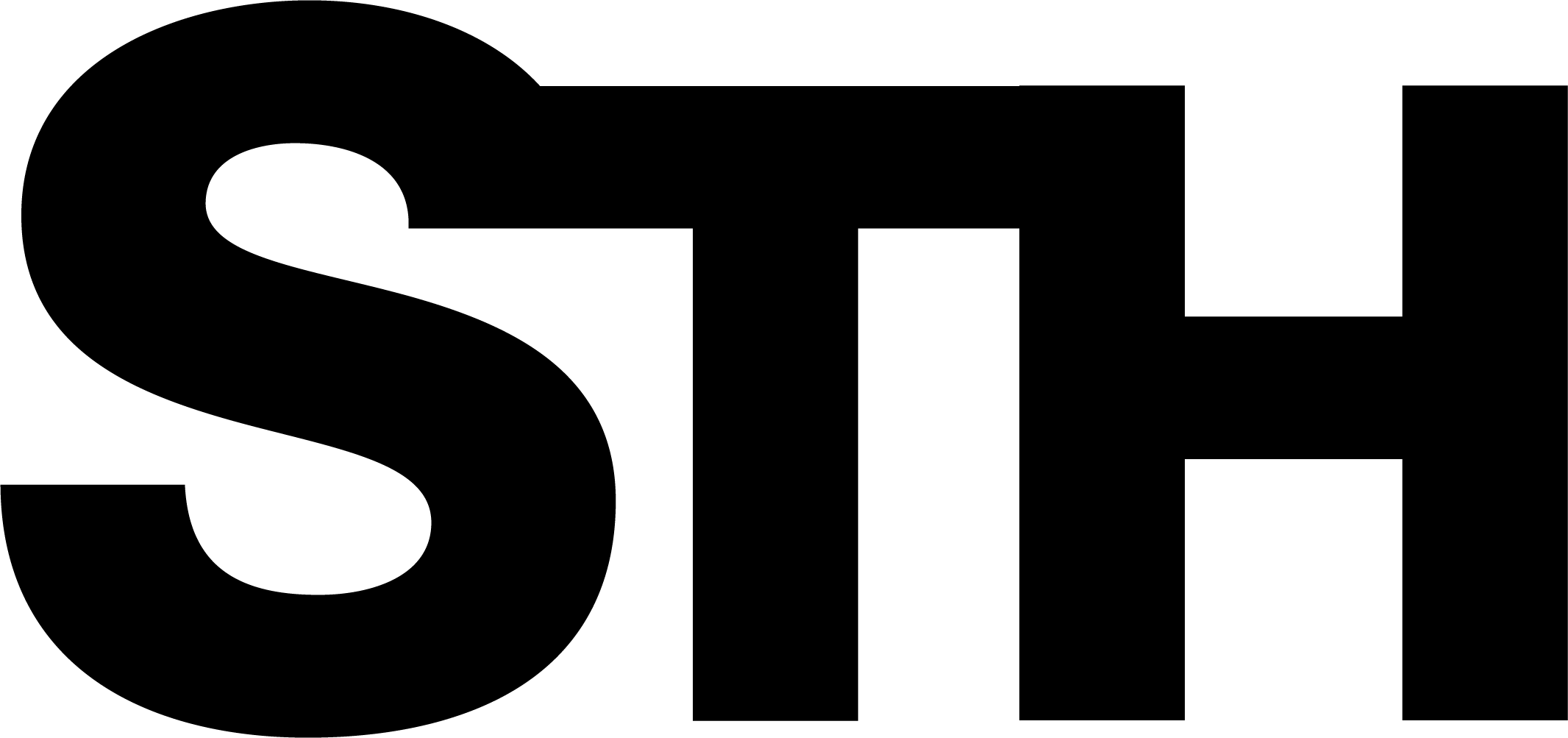A virtual event held in April brought together a diverse group of stakeholders who share a mission to develop sustainable technology solutions reducing greenhouse gas emissions in the marine sector by 60% by 2030. The launch event provided a comprehensive outlook on the Zero Emission Marine (ZEM) mission, streams and ecosystem co-operation opportunities. The presentations and workshops focused on the key themes ignited lively discussions and insights among the virtual participants.
Wärtsilä Finland’s Managing Director Hannu Mäntymaa and ZEM Programme Manager Kenneth Widell from Wärtsilä were very excited to welcome all participants to the launch event. The event officially starts the ecosystem collaboration for the four-year programme that aims to transform the marine industry.
The keynote speaker Elina Andersson, Secretary General of Finnish Marine Industries congratulated ZEM on joining the other Veturi projects funded by Business Finland. Together, the projects demonstrate the Finnish world-class expertise for the marine industry. The Finnish marine sector provides a significant platform for the outcomes for the ZEM programme. Andersson reminded that all actors and technologies are needed to accelerate the common goal of zero emission in the marine industry.
Joining from Singapore, one of the maritime hubs worldwide, Riku Mäkelä, Counsellor at Innovation and Trade Affairs from Embassy of Finland in Singapore and Business Finland’s Esa Lindqvist, Ecosystem lead for the ZEM programme, discussed the Veturi programme and how it can support international networking, reach and collaboration. Mäkelä and Lindqvist encouraged to launch piloting, proof-of-concept work and scaling also with international partners and offered their support in connecting with global partners.
Before entering the workshop on each theme, Jarkko Pellikka, Director, Nokia Veturi Programmes, shared some insights on experiences of the Veturi programmes at Nokia. Pellikka summed up their learnings in building successful, world-class ecosystems as the following advice: use a strategic approach, focus on ecosystem orchestration (the set of deliberate and purposeful actions undertaken by the Veturi company to co-capture value) and embrace continuous learning.
The workshops dived deeper into Zero Emission Marine themes
The four key themes of the ZEM programme and ecosystem were presented and the topics were discussed in more depth in separate workshops led by the theme leader, with focus on key objectives, challenges and competences needed from the ecosystem. This gave an opportunity for the participants to network with each other and exchange the initial ideas.
Technologies enabling introduction of green fuels
The main objective is to drive and develop operable engine technologies for engines running on green fuels (for example ammonia, hydrogen and synthetic or biomethane) and explore energy storage systems. The theme leader Kaj Portin from Wärtsilä presented the challenges which are related to the engine performance with the new alternative fuels, how to speed up the transition and the different needs for storage and handling of new fuels. Competences needed from the ecosystem are for example measurement technologies in R&D work, development of new materials and manufacturing methods for a wide variety of fuels and interconnection of the different areas in the total solution.
Green fuel production
Theme leader Kenneth Widell from Wärtsilä presented the main objective, which is to enable the production and infrastructure of new fuels whilst securing an economically viable transition. The challenges are related to the safety of the new fuels, and their cost and availability. Further, the infrastructure and storage of new fuels needs to be discussed, as well as how to accelerate the green transition while maintaining a competitive edge. This theme calls out to competences related to safety at sea with new fuels, innovative solution for producing transition fuels and business models accelerating the introduction of transition fuels.
Automated and optimised operations – increased level of autonomy
Lauri Kovanen from Wärtsilä presented the main objective of this theme. It is to design, develop and integrate systems enabling gradual transition from decision support, remote operation to autonomous operation throughout the navigation, ship operation and automation to reduce unnecessary manual work phases. The challenges are related to marine vessels consisting of a large amount of highly specialised technical systems. The industry is leaning towards custom-made solutions for specific use cases. Maritime industry being very traditional also means that the data-related technology landscape is still largely immature. As competences needed, Kovanen listed modeling and simulation of specialised onboard systems, development of niche applications both onboard and online and the integration of edge devices to customer-specific IT systems.
Outcome-based business models
The theme leader is Juho Nurmi from Wärtsilä and as the main objective, he presented the development of new business models that enable commercially feasible adaptation of current and future decarbonisation technologies across marine industry. The theme challenges are linked to the development of outcome-based business models with aligned incentives or investments and benefits. As competences from the ecosystem, Nurmi welcomes experience on outcome-based business model development through customer co-creation, measurement and modelling of performance on vessel level, on specific technologies and behaviors. Management and pricing of technology risk, such as upgradability and emission performance, are also welcome competences.
After the workshops Kenneth Widell, Programme Manager of the ZEM programme and ecosystem, summed up the successful launch event by welcoming everyone interested to join the ZEM Ecosystem to keep in touch and to collaborate. Now the programme has officially started, and the work towards Zero Emission Marine can begin!
Visit Zero Emission Marine website to learn more about the programme and ecosystem!





